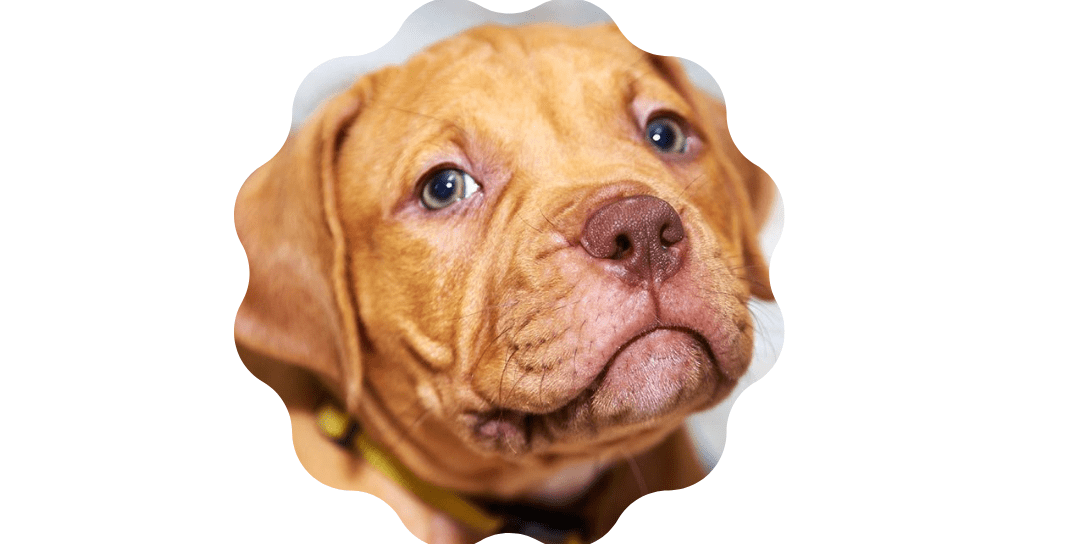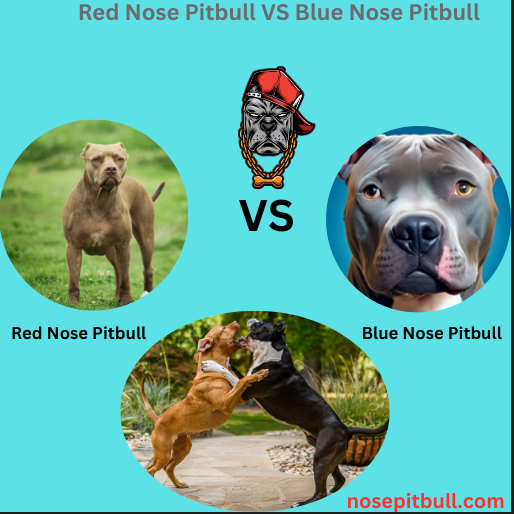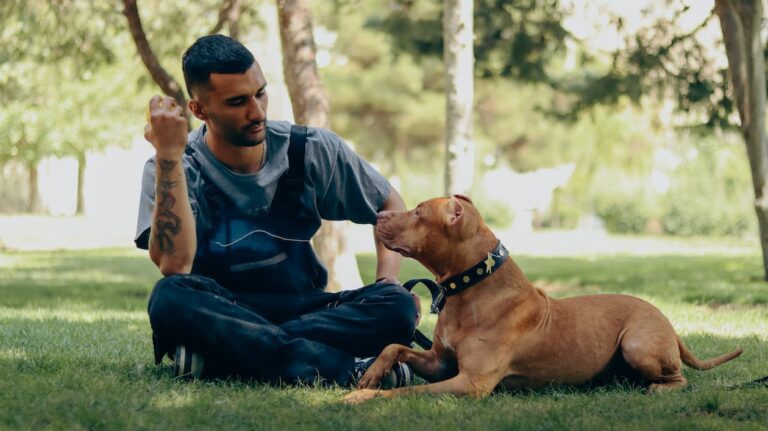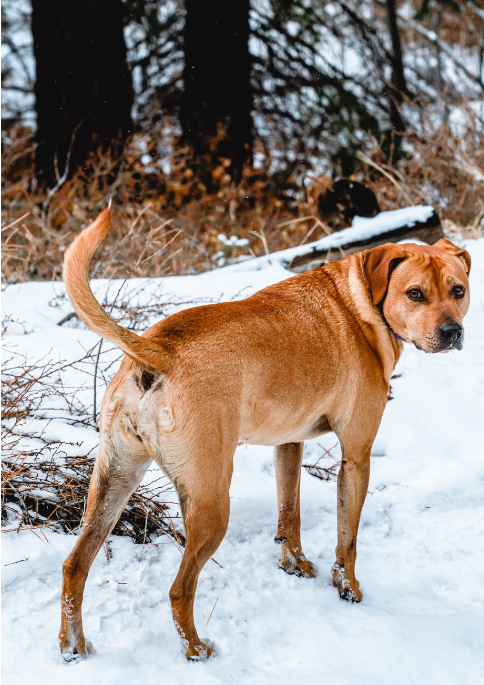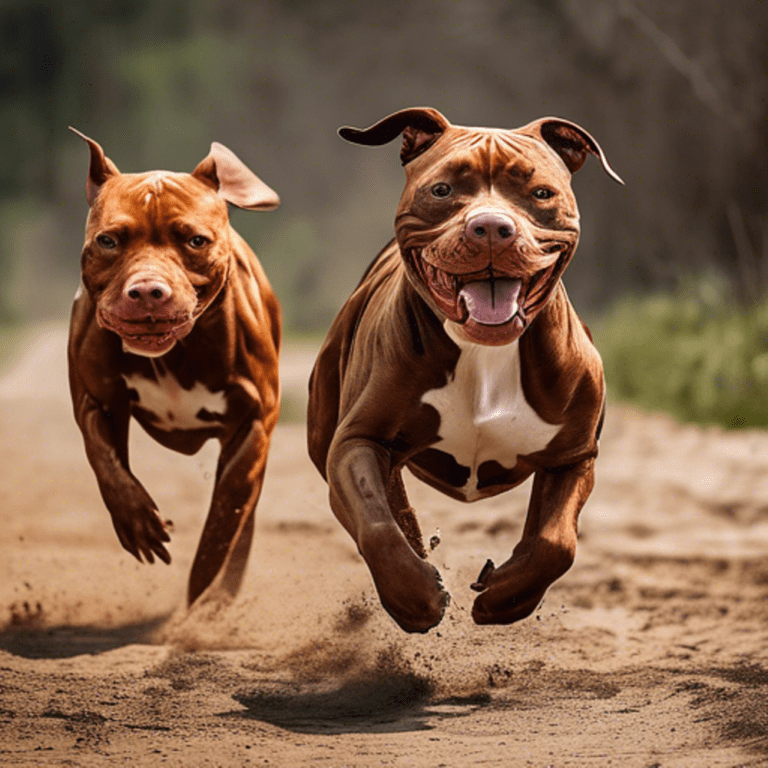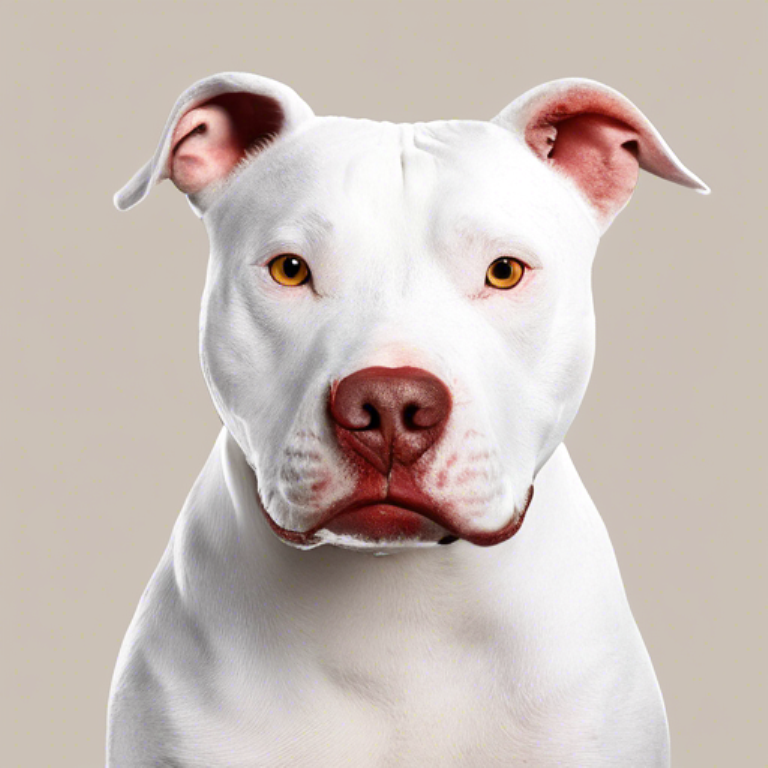How to Choose the Best Food for Your Red Nose Pitbull
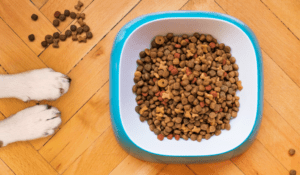
Choosing the best food for your Red Nose Pitbull is essential for ensuring their health, vitality, and overall well-being. These loyal and affectionate companions require a balanced diet that meets their specific nutritional needs. In this guide, we’ll explore the various factors to consider when selecting the right food for your Red Nose Pitbull and provide practical tips for maintaining a healthy diet.
1. Introduction to Red Nose Pitbulls
Red Nose Pitbulls are a beloved breed known for their strength, intelligence, and gentle demeanor. Despite common misconceptions, they are loyal family pets with a loving disposition towards their owners. Like all dogs, Red Nose Pitbulls require proper nutrition to thrive and lead a happy life.
2. Understanding the Nutritional Needs of Red Nose Pitbulls
Importance of High-Quality Nutrition
Nutrition plays a crucial role in the overall health and well-being of Red Nose Pitbulls. A diet rich in high-quality proteins, essential vitamins, and minerals is essential for maintaining optimal health and supporting their active lifestyle.
Common Health Issues
Without proper nutrition, Red Nose Pitbulls may be susceptible to various health issues, including allergies, obesity, and joint problems. Providing them with a well-balanced diet can help prevent these issues and promote longevity.
3. Factors to Consider When Choosing Dog Food
Protein Content
Protein is an essential component of a Red Nose Pitbull’s diet, as it helps support muscle growth and repair. Look for dog foods with a high protein content, sourced from quality sources such as chicken, beef, or fish.
Ingredients to Avoid
When selecting dog food for your Red Nose Pitbull, it’s important to avoid ingredients such as artificial preservatives, fillers, and by-products. These additives can be harmful to your dog’s health and may lead to digestive issues or allergic reactions.
Special Dietary Requirements
Some Red Nose Pitbulls may have special dietary requirements due to allergies or sensitivities. Consult with your veterinarian to determine if your dog has any specific dietary needs and select a food that meets those requirements.
4. Different Types of Dog Food Available
There are several types of dog food available, each with its own benefits and drawbacks.
Dry Kibble
Dry kibble is a convenient and economical option for feeding your Red Nose Pitbull. It helps promote dental health by reducing plaque and tartar buildup and is easy to store and portion.
Canned Wet Food
Canned wet food is a palatable option that provides hydration and variety to your dog’s diet. It’s often more flavorful than dry kibble and may be preferred by picky eaters.
Raw Food Diet
Some owners opt for a raw food diet for their Red Nose Pitbull, consisting of raw meat, bones, fruits, and vegetables. While this diet is controversial, proponents believe it mimics a dog’s natural diet and provides numerous health benefits.
5. Reading Dog Food Labels
Understanding Ingredient Lists
When selecting dog food, carefully read the ingredient list to ensure it contains high-quality ingredients. Look for whole meats, fruits, and vegetables as the primary ingredients, and avoid foods with artificial additives or fillers.
Identifying Fillers and By-products
Be wary of dog foods containing fillers such as corn, wheat, or soy, as these ingredients offer little nutritional value and may trigger allergies. Similarly, avoid foods that contain by-products or unspecified meat meals.
6. Consulting with a Veterinarian
Tailoring Diet to Individual Needs
Every Red Nose Pitbull is unique, and their dietary needs may vary based on factors such as age, activity level, and health status. Consult with your veterinarian to develop a customized diet plan that meets your dog’s specific requirements.
7. Transitioning to a New Food
Gradual Introduction
When transitioning to a new food, it’s essential to do so gradually to avoid digestive upset. Start by mixing a small amount of the new food with your dog’s current food and gradually increase the proportion over several days.
Monitoring for Allergic Reactions
Monitor your Red Nose Pitbull for any signs of allergic reactions or digestive issues when introducing a new food. Common symptoms include itching, diarrhea, or vomiting. If any adverse reactions occur, discontinue use and consult with your veterinarian.
8. Sample Diet Plan for a Red Nose Pitbull
A sample diet plan for a Red Nose Pitbull may include a combination of high-quality dry kibble, lean protein sources, and occasional treats. Remember to adjust portion sizes based on your dog’s age, weight, and activity level.
9. Tips for Maintaining a Healthy Diet
Regular Exercise
In addition to a balanced diet, regular exercise is essential for maintaining your Red Nose Pitbull’s overall health and well-being. Aim for daily walks, playtime, and mental stimulation to keep them happy and healthy.
Proper Hydration
Always provide access to fresh, clean water to keep your Red Nose Pitbull hydrated throughout the day. Proper hydration is essential for digestion, kidney function, and overall health.
Monitoring Portion Sizes
Avoid overfeeding your Red Nose Pitbull, as obesity can lead to various health issues, including joint problems and heart disease. Follow feeding guidelines provided by your veterinarian and adjust portion sizes based on your dog’s individual needs.
10. Conclusion
Choosing the best food for your Red Nose Pitbull is crucial for their health and well-being. By understanding their nutritional needs, reading dog food labels, and consulting with your veterinarian, you can ensure they receive the balanced diet they need to thrive.
Frequently Asked Questions
1. How often should I feed my Red Nose Pitbull?
- Feed adult Red Nose Pitbulls twice a day, while puppies may require three to four meals daily.
2. Can I feed my Red Nose Pitbull a homemade diet?
- While homemade diets can be an option, it’s essential to consult with a veterinary nutritionist to ensure it meets all of your dog’s nutritional needs.
3. Are there any foods I should avoid feeding my Red Nose Pitbull?
- Yes, avoid feeding your dog chocolate, grapes, onions, and foods high in fat or sodium, as they can be toxic to dogs.
4. How can I tell if my Red Nose Pitbull is overweight?
- Monitor your dog’s body condition score and consult with your veterinarian if you notice excessive weight gain or loss.
5. Is it necessary to supplement my Red Nose Pitbull’s diet with vitamins?
- In most cases, a well-balanced commercial dog food will provide all the essential vitamins and minerals your dog needs. However, consult with your veterinarian before adding any supplements to their diet.
